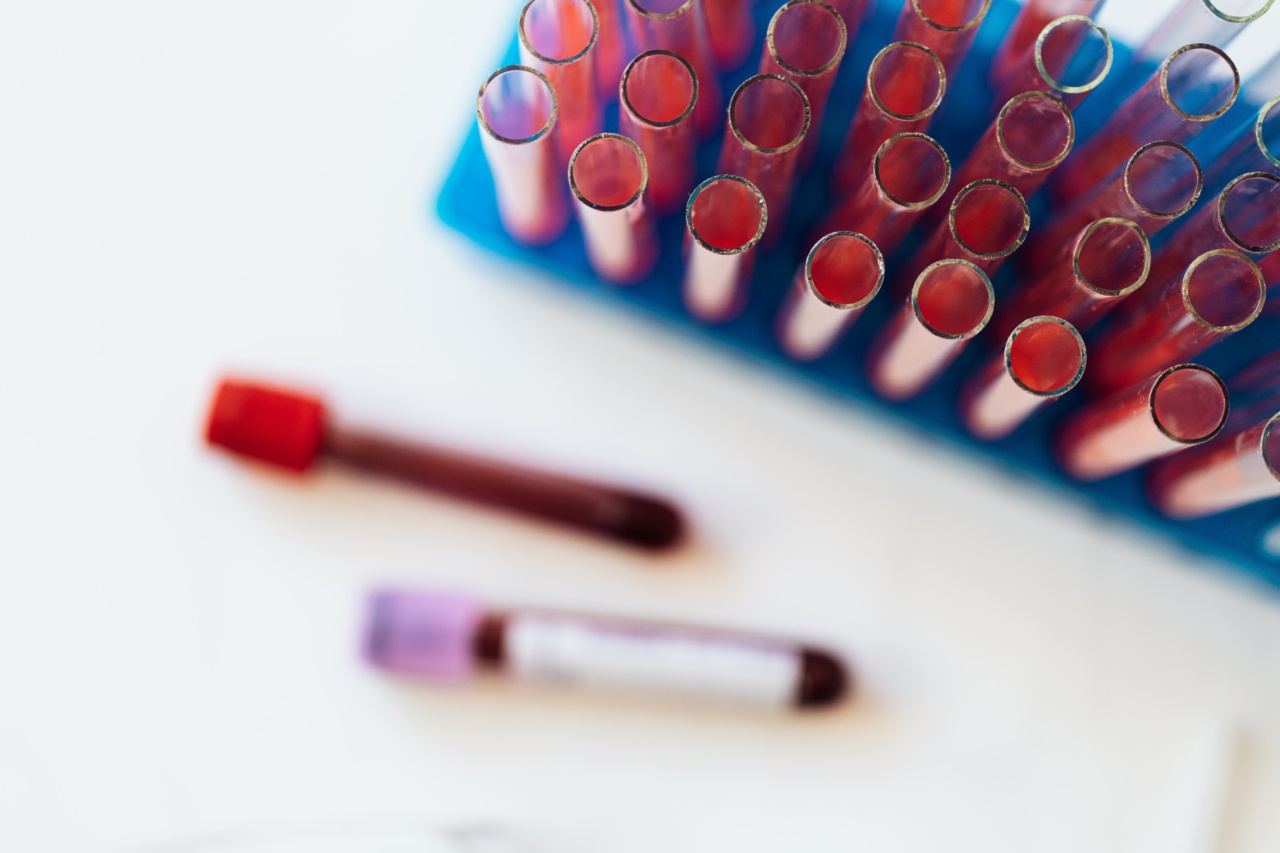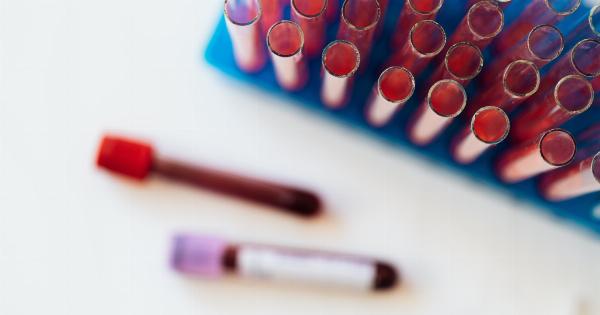Recycling has become an essential part of our daily lives as we strive to protect the environment and reduce waste. It is a commendable effort that has gained widespread popularity and recognition.
However, recent research has raised concerns about a commonly used recyclable material that contains a chemical linked to infertility.
The Problem with Plastics
Plastics, especially those made from polyvinyl chloride (PVC), are widely used in various industries due to their durability and versatility. They are commonly found in household items such as bottles, food containers, and even children’s toys.
Unfortunately, the manufacturing process of PVC plastics involves the use of a chemical compound known as phthalates.
Understanding Phthalates
Phthalates are a group of chemicals used to soften and increase the flexibility of plastics. They are also used in a variety of other products such as cosmetics, personal care items, and cleaning agents.
However, numerous studies have linked exposure to phthalates with adverse health effects.
The Link to Infertility
Recent studies have revealed a concerning connection between phthalates and infertility. These chemicals have been found to disrupt reproductive processes in both males and females, leading to difficulties in conceiving.
Phthalates can interfere with hormone production and disrupt the normal functioning of the reproductive system.
Effects on Male Fertility
Research has indicated that exposure to phthalates can have a detrimental impact on male fertility. These chemicals can reduce sperm quality and quantity, leading to a decreased ability to conceive.
Phthalates may also affect hormone levels, particularly testosterone, which is crucial for reproductive health in males. Furthermore, studies have shown that prenatal exposure to phthalates can impact the development of male reproductive organs, potentially leading to long-term fertility issues.
The Impact on Female Reproductive Health
Phthalates can also have adverse effects on female reproductive health. These chemicals can disrupt hormone levels and interfere with the menstrual cycle.
Prenatal exposure to phthalates has been associated with developmental issues in the female reproductive system. Additionally, studies have indicated that phthalate exposure may increase the risk of polycystic ovary syndrome (PCOS) and endometriosis, both of which can cause fertility problems.
Children and Phthalate Exposure
Children are particularly vulnerable to the harmful effects of phthalates. Their developing bodies and systems are more susceptible to the disruptions caused by these chemicals.
Exposure to phthalates at an early age can have long-lasting implications for reproductive health and fertility. Young children often chew on toys made from PVC plastics, inadvertently ingesting phthalates present in these materials.
Reducing Phthalate Exposure
Given the potential risks associated with phthalates, it is crucial to take steps to reduce exposure to these chemicals. There are various measures individuals can adopt to minimize their contact with phthalates:.
1. Avoid using plastics labeled with recycling codes #3 (PVC).
2. Opt for food storage containers made from alternative materials such as glass or stainless steel.
3. Choose personal care items and cosmetics that are phthalate-free.
4. Read labels and avoid products that contain fragrances or “parfum,” as they often contain phthalates.
5. Use natural cleaning agents instead of those containing synthetic fragrances and phthalates.
6. Encourage manufacturers to find safer alternatives and promote the use of phthalate-free materials.
Conclusion
While recycling is an important step towards sustainability, it is essential to be aware of the potential risks associated with certain materials.
Phthalates, commonly found in PVC plastics, have been linked to infertility and reproductive health issues. By reducing our exposure to these chemicals and advocating for safer alternatives, we can protect our reproductive health and contribute to a healthier future for all.






























